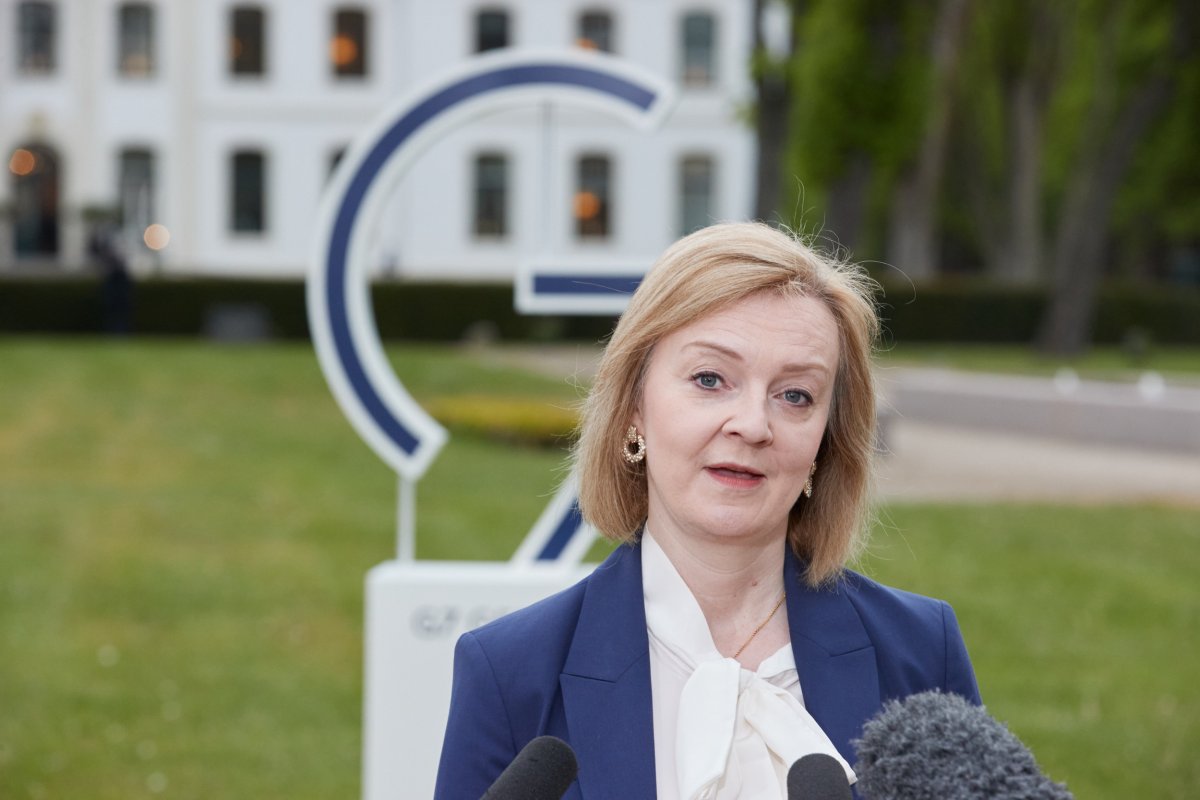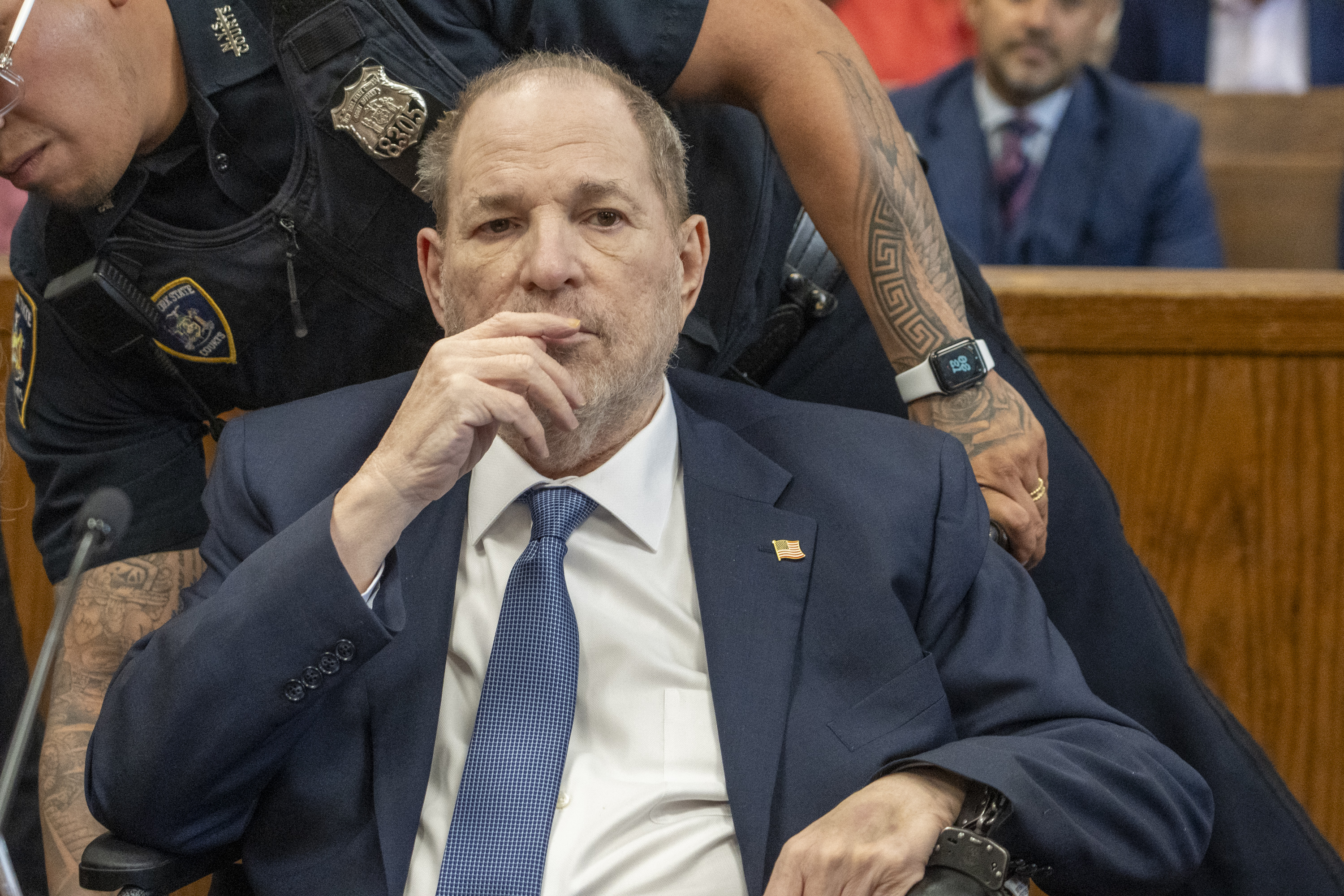The thought of a government conference might not inspire you. It might even conjure chilling images of time-wasting, vision-starved, enthusiasm-depleting black holes of banality. There is one summit on the U.K. government's calendar that has the potential to overturn such unfortunate preconceptions. However, to achieve the full potential of this summer's Ministerial to Advance Religious Freedom, it will require U.K. Foreign Secretary Liz Truss to seize the moment. There must be a modicum of will at the Foreign Office to aim higher than mediocrity. This is a platform from which to launch a range of dynamic policy announcements but the planning for any real outcomes must start now.
The first ministerials, hosted by the United States in 2018 and 2019, were the biggest events of their kind ever hosted at the U.S. Department of State. Representatives of around a hundred rights-defending and rights-abusing governments came together to make commitments and discuss policy. More than 1,000 religious leaders and members of various faith communities, organizations fighting for the rights of people all around the world, academics, journalists and survivors of religious freedom violations also descended on a sweltering Washington, D.C. to speak out, to stand up to persecution and to call for change. There was an effervescent atmosphere, at least among the civil society events held in and around the conference. A contagious spirit of optimism, creative problem-solving and collaborative resolve flowed through the city.
Now it's the turn of the United Kingdom to conjure the vibrant energy of this summit. There is all the potential for the U.K. to use the ministerial to step up as a leader in the promotion of this foundational freedom, orchestrated by the prime minister's energetic and determined Special Envoy for Freedom of Religion or Belief (FoRB) Fiona Bruce.
There was never any likelihood, nor any reasonable expectation, that the U.K. ministerial would be resourced at the same levels as the U.S. iterations. However, what made the U.S. ministerials worthwhile wasn't the expense or the spectacle but rather the thunderous inference they fostered: namely, that the U.S. government recognized the vast scale of religious repression around the world, that it really matters and that the United States would make it a foreign policy priority to challenge persecution and advance religious freedom for everyone, everywhere. These events were far from perfect, but they spoke volumes on the international stage.
How can the U.K. government seize this moment?
The U.K. might seek to inspire and embody leadership by directing and resourcing serious efforts that support the dismantling of blasphemy and apostasy laws. Supporting the right of any person to change their religion presents a colossal challenge in many countries and is one essential pillar of religious freedom which needs careful consideration and navigation by government. Such individual self-determination in so many places will have consequences for religious converts, ranging from the loss of livelihood, to the loss of liberty, to the loss of life.
But one simple way to be an effective force against issues such as blasphemy and apostasy laws going forward is to secure the office of the special envoy.

In 2018, the U.K. prime minister's first special envoy for FoRB was appointed. The establishment of this position was a remarkable breakthrough, but the appointment is dependent on the interest of any given prime minister, which certainly can't be guaranteed. Religious freedom is relevant to many of the major geopolitical issues of our time, and tragically the crisis of persecution isn't going to be resolved any time soon. In light of this, the foreign secretary should bring forward legislation to make the appointment a statutory requirement of every British government and to give the envoy's office the resources and mandate it would need to tackle this global scourge.
Today, hundreds of millions of people face harassment, violence, rape, torture, imprisonment and death because of their religious beliefs and identity. It is essential that the foreign secretary fully embraces an extraordinary opportunity this summer to champion freedom for the oppressed.
The U.K. government must use the platform of the ministerial to make clear to the international community that it recognizes the vast scale of repression of religious minorities, that it really matters and that it will make it a foreign policy priority to challenge persecution and advance religious freedom for everyone, everywhere. How we consolidate the office of the special envoy will be key to achieving this.
Everyone will be watching to see whether the U.K. seizes this moment.
Miles P. J. Windsor serves as senior manager for strategy and campaigns with the Middle East Action Team at the Religious Freedom Institute. Miles has over a decade of experience in international affairs and religious freedom, during that time focusing on the Middle East and North Africa.
The views expressed in this article are the writer's own.
Uncommon Knowledge
Newsweek is committed to challenging conventional wisdom and finding connections in the search for common ground.
Newsweek is committed to challenging conventional wisdom and finding connections in the search for common ground.
About the writer
To read how Newsweek uses AI as a newsroom tool, Click here.








